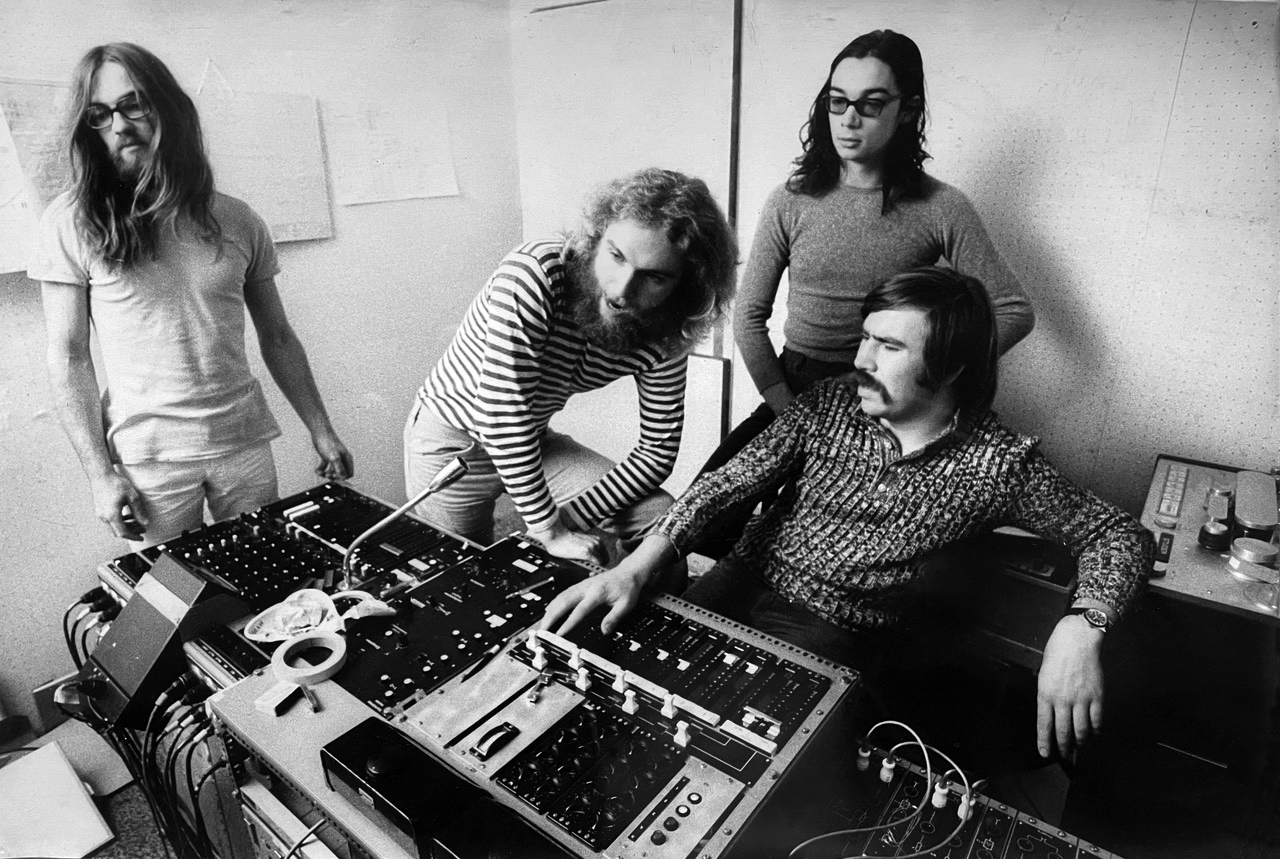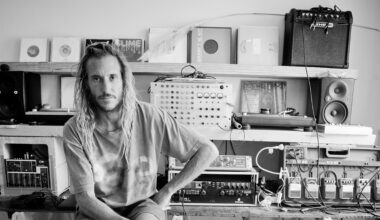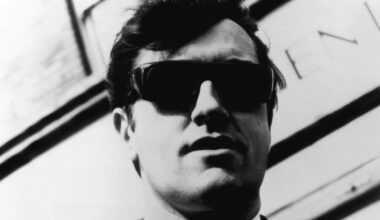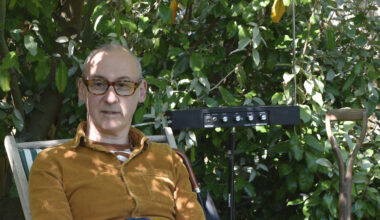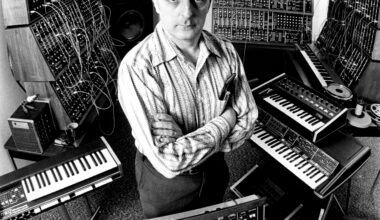Faust produced four albums of head-spinning brilliance between 1971 and 1974. It might have been five if half the band hadn’t been carted off to jail...
Want to read more?
Sign up to Electronic Sound Premium to gain access to every post, video, special offers, and more. 100%, all you can eat, no commitment, cancel any time.
Already a premium member? Log in here
